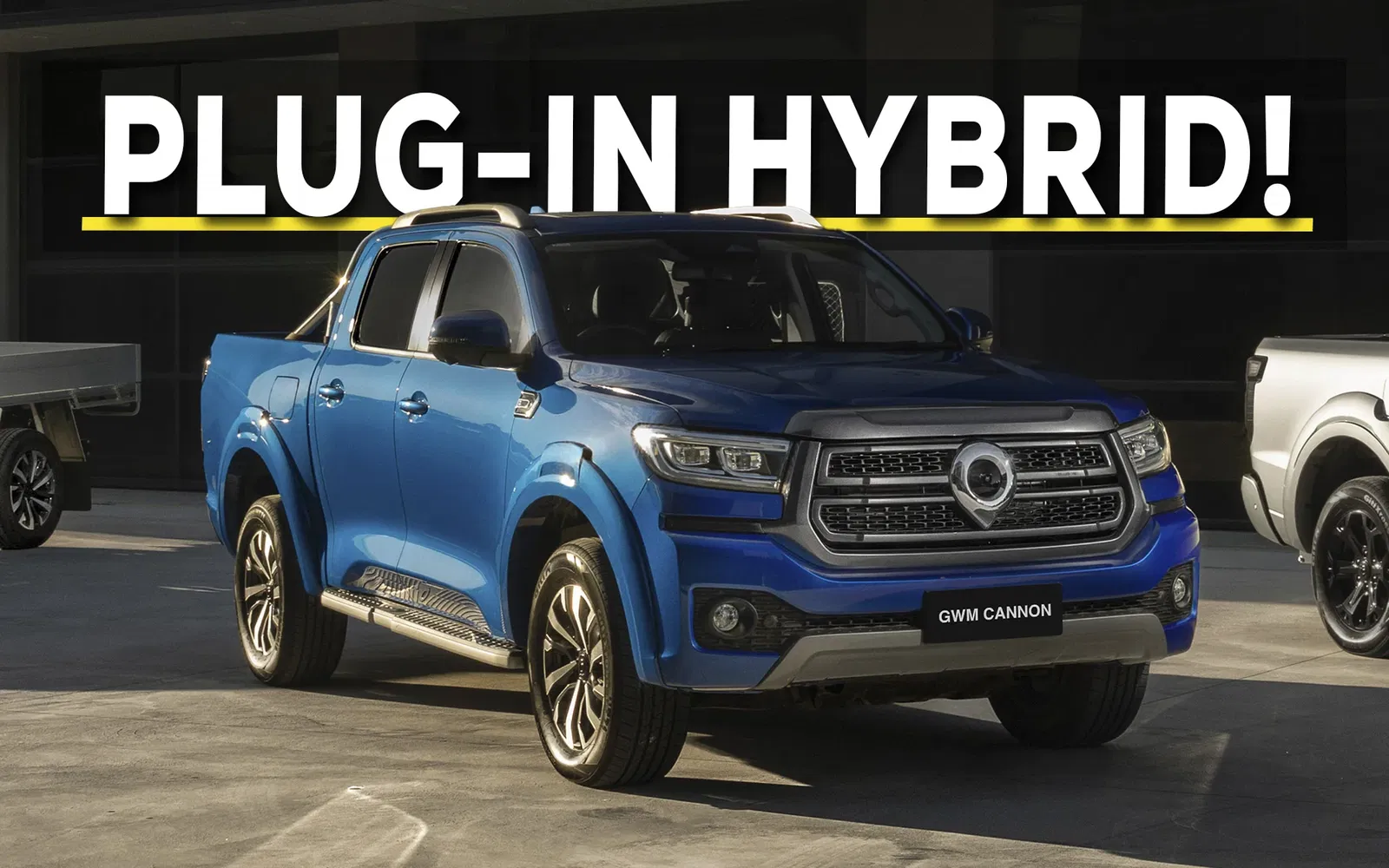The Luxury Car Tax could soon be axed for European vehicles, significantly reducing the cost of premium vehicles for Australian buyers.
According to a report in The Australian newspaper, newly re-elected Prime Minister Anthony Albanese is using the Luxury Car Tax (LCT) as a negotiating chip with the European Union.

As carmakers in Europe suffer from lower sales – thanks to new US tariffs and increased competition from China – the Australian Government is considering dropping the $5.2 billion tax to allow easier trade of agricultural goods to the bloc.
The LCT adds 33 per cent for each dollar above $80,567 – or $91,387 for fuel-efficient vehicles.

Despite popular belief, the LCT wasn’t created as a protectionist device for locally-made luxury vehicles like the Ford Fairlane and Holden Statesman, but rather to keep car prices stable while also providing an additional revenue stream for the government.
Introduced alongside the Goods and Services Tax (GST) in 2000, the LCT was designed as a replacement for the discarded Wholesale Sales Tax (WST) – with the WST being an added levy of 45 per cent on luxury-priced vehicles – which had been in effect since 1930, almost two decades before Australia’s first mass-produced car.

The report from The Australian claims the Federal Government is prepared to axe the LCT for better access to agricultural trade – in turn, lowering the price for Australian buyers of luxury vehicles, of which the majority as manufactured by German brands.
However, dropping the LCT on European-made cars is likely to increase pressure on the government to drop the tax altogether – with those in regional areas forced to pay LCT on models like the Toyota 300 Series LandCruiser, which are seen as crucial due to their towing capacity and off-road capability.
FAQ
Sign up to our newsletter
Be the first to know when we drop new car reviews.
.avif)


.webp)



